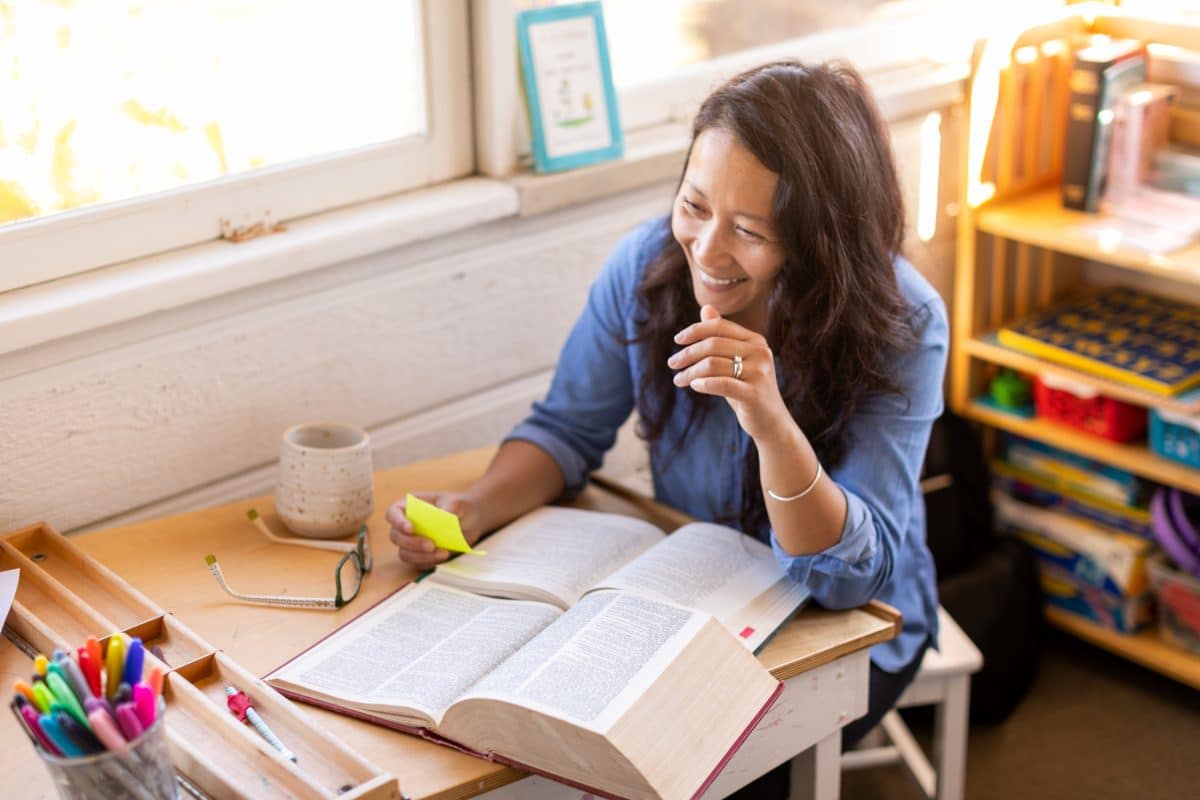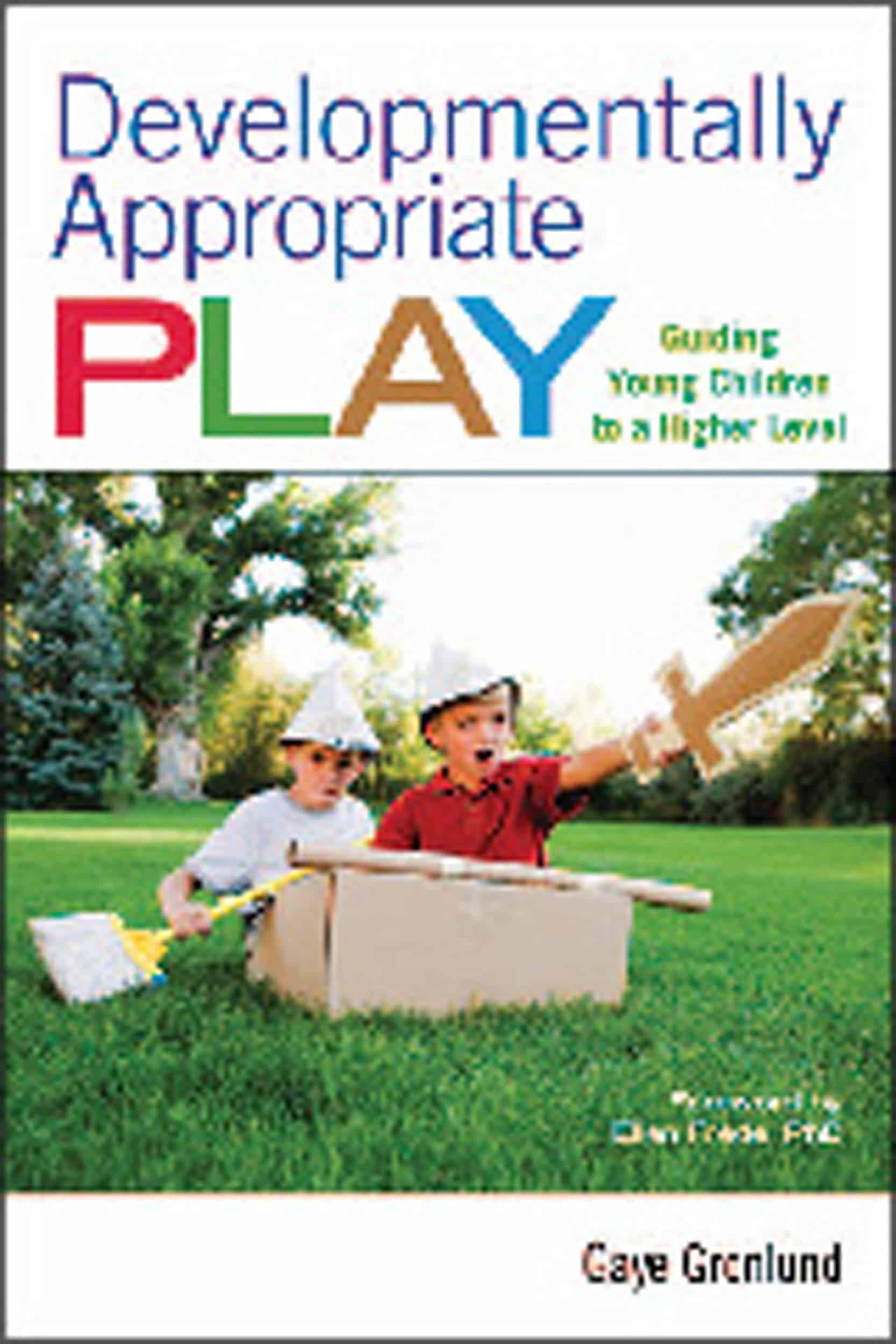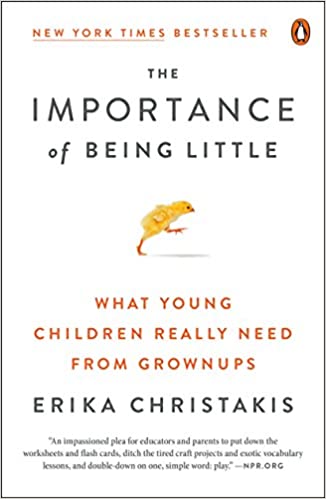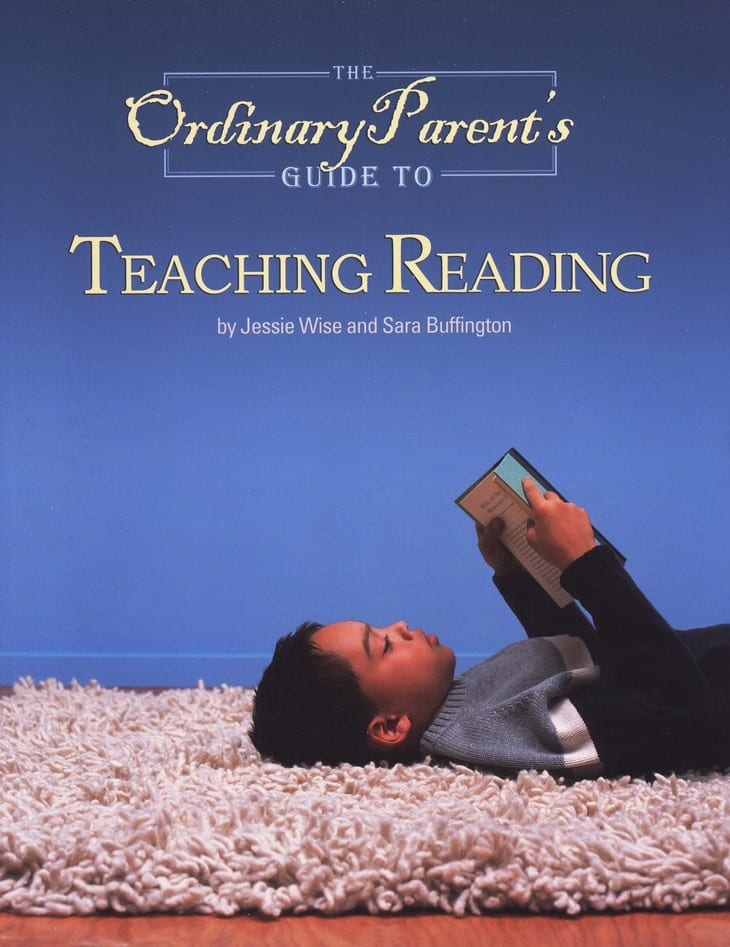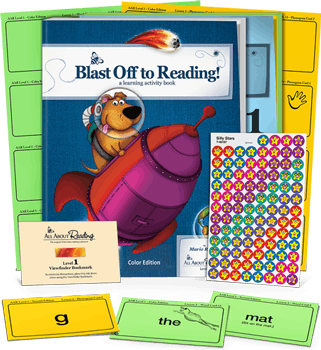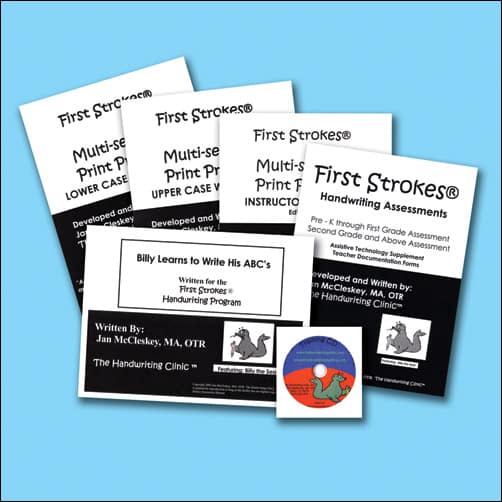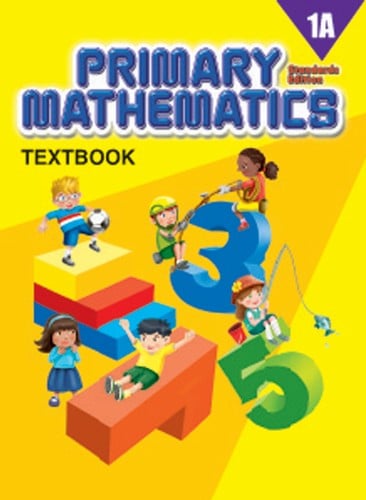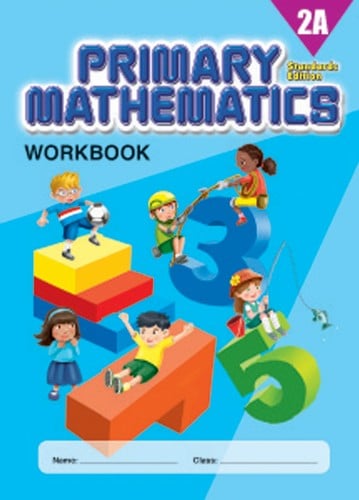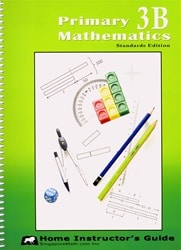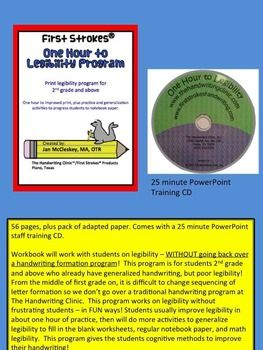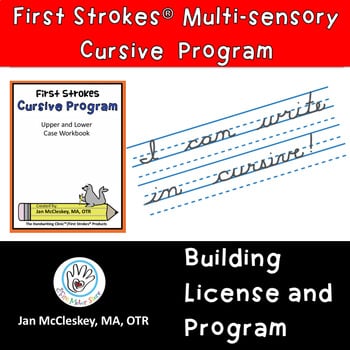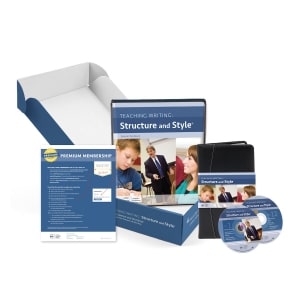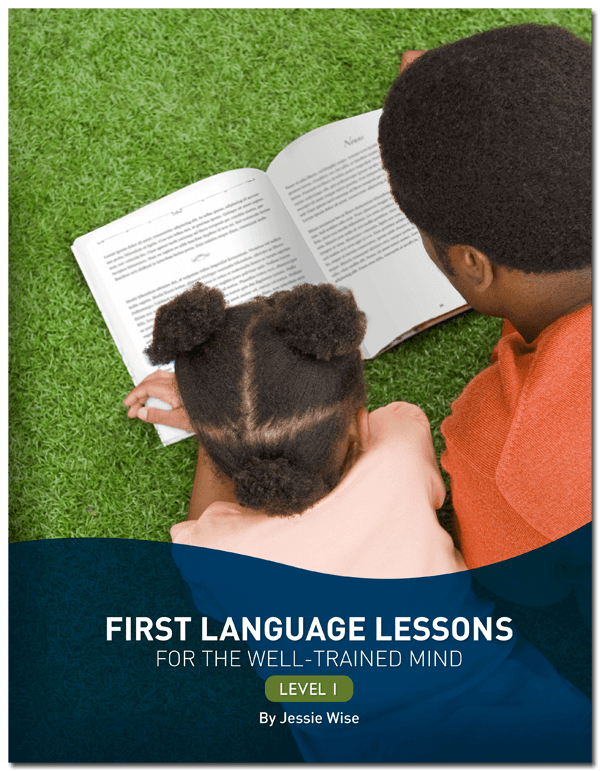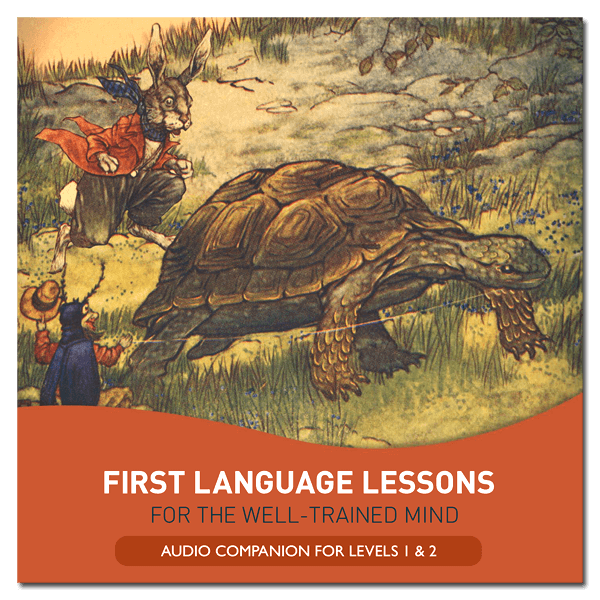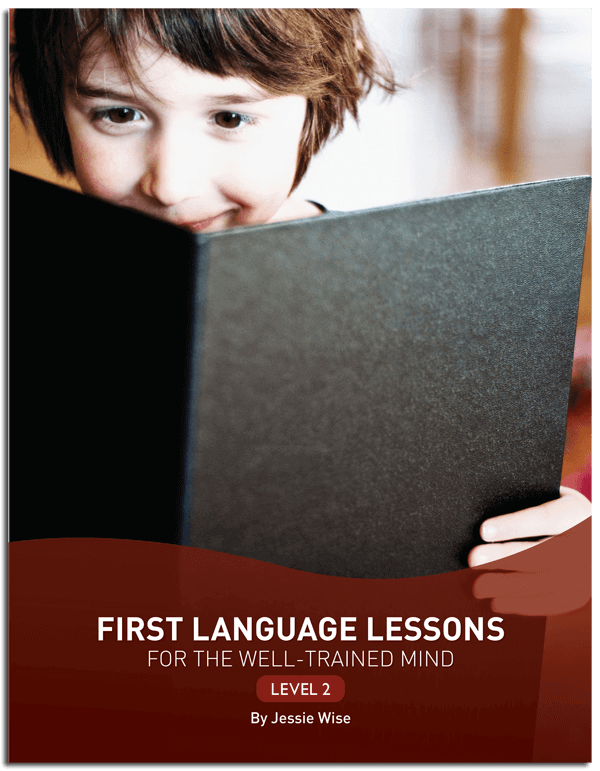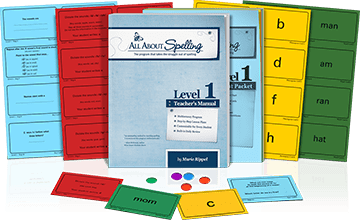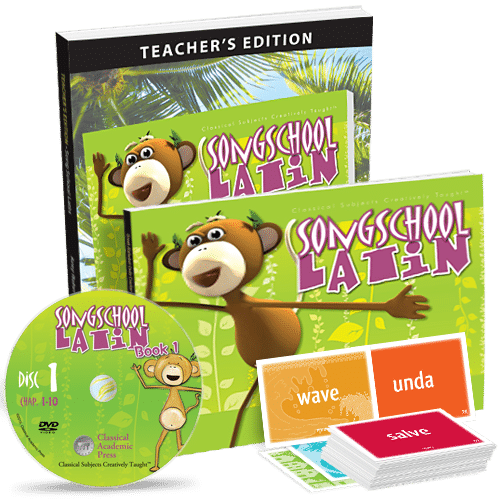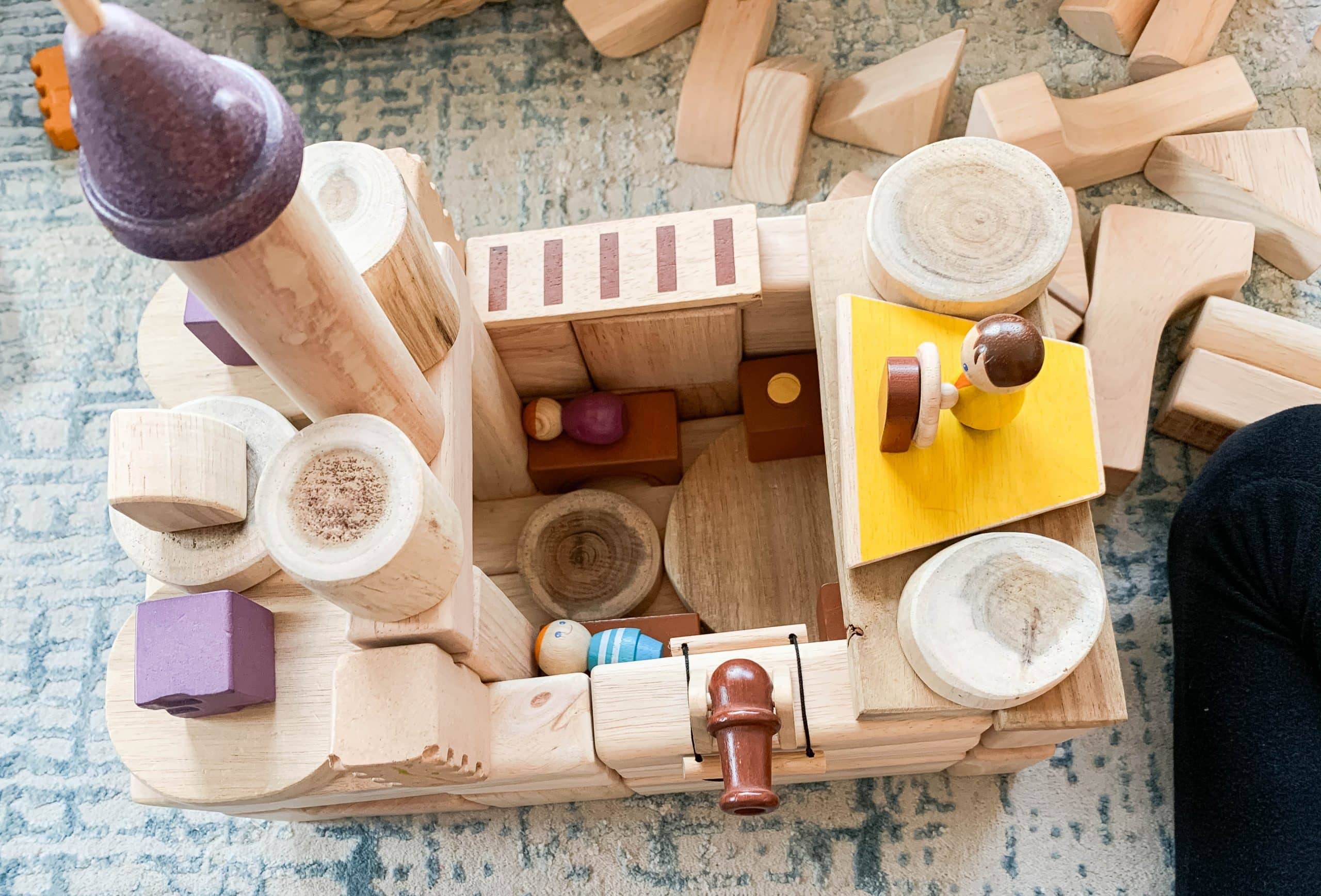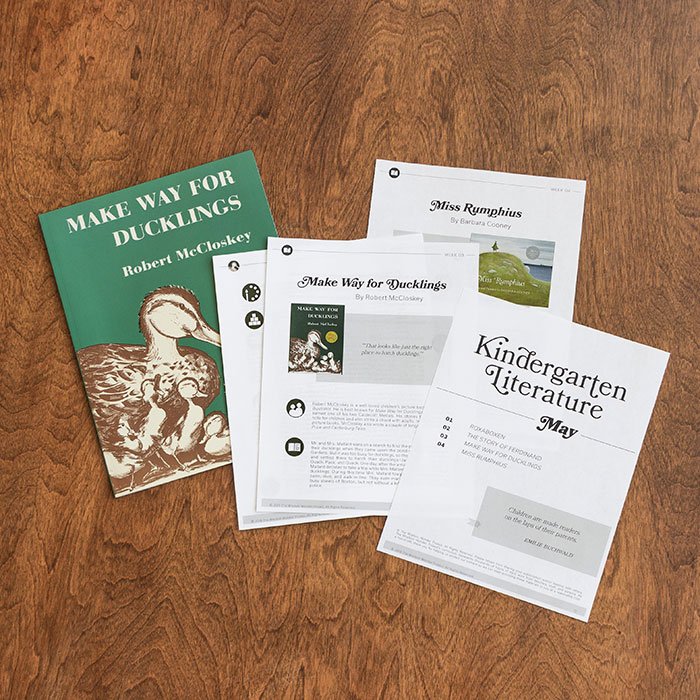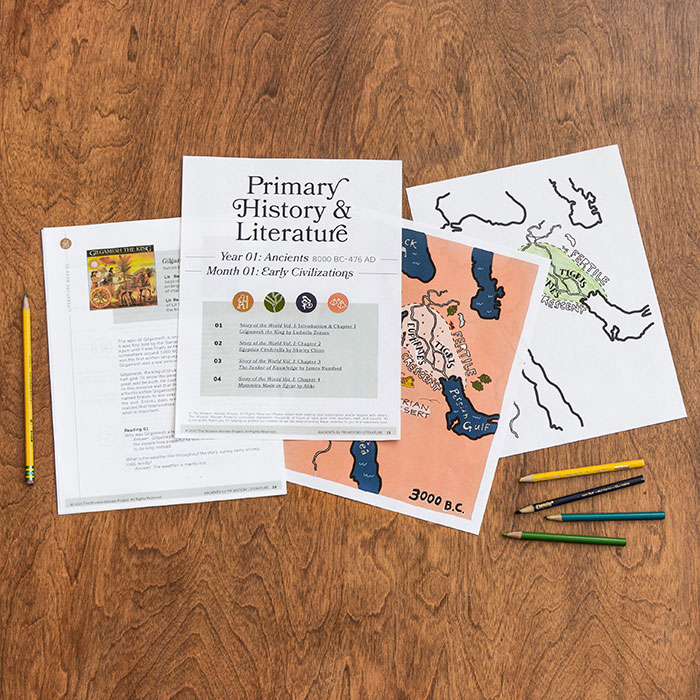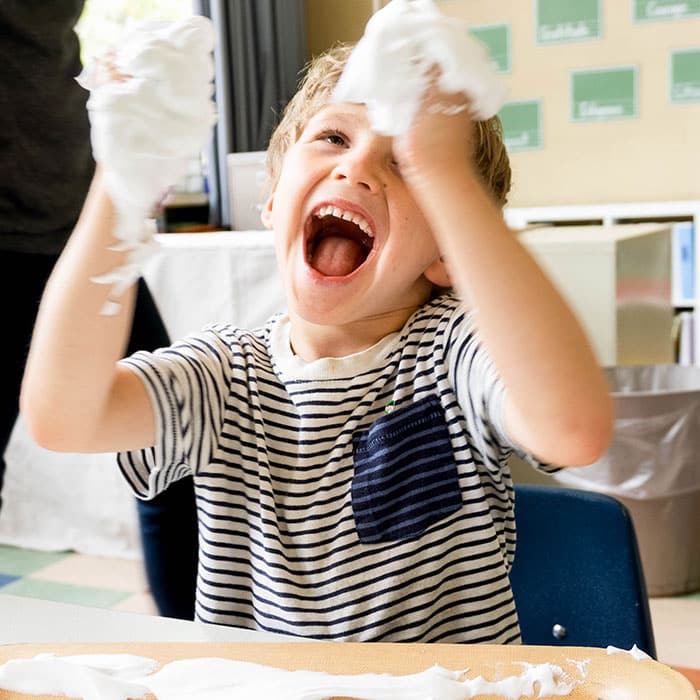As you delve into the wonder-filled world of educating and/or homeschooling, there are some great resources out there to help you in your journey! While we provide a broad, comprehensive curricula with integrated subjects, there are some practical subjects we do not cover to complete your school curriculum (like phonics and spelling). We have collected and tested many partner programs over the years, and recommend the following in addition to our Core Subject bundles.
Little Wonders (Preschool, Junior K, & Kindergarten)
On Play
We encourage you to read Developmentally Appropriate Play: Guiding Young Children to a Higher Level by Gaye Gronlund. Once you have read this book you will have a much better understanding on high-level, mature play. However, if you are unable to read through the book we would encourage you to (1) Provide open-ended materials, (2) Encourage your child to play with ordinary household objects (pots and pans, outdoor materials like sticks and grass), (3) Provide simple playthings that encourage children to be active and use their imaginations, and (4) Play with your child (ask them questions about their play, “What are those animals doing?” or point out things you notice, “Wow, that tower is taller than you!”).
The Importance of Being Little by Erika Christakis is a pathbreaking book that explores what it’s like to be a young child in America today. Through academic research, personal experience, and anecdotal evidence Mrs. Christakis makes a case for the plight of early education and what can be done about it. She suggests we have confused school with learning. Children are natural learners but when academic goals and draconian policies are pushed on them, fewer skills are developed. What can be done? Most importantly, there is PLAY. According to Christakis, play is the fundamental building block of human cognition, emotional health, and social behavior. It improves memory and helps children learn to do mathematical problems in their head, take turns, regulate their emotions and speak with greater complexity.
Learning to Read: Ordinary Parent’s Guide To Teaching Reading
The Ordinary Parent’s Guide to Teaching Reading (OPG) is an explicit phonics program that is direct, scripted, user-friendly, and affordable! It will guide and supply you with the necessary tools to lay a strong reading foundation for your child. When ready (for most children this will be Kindergarten, but you may find your child ready earlier or later) this also means equipping parents with the knowledge to choose books at their child’s reading level and encouraging parents and children to work through this handbook, where basic sounds are taught systematically and then blended into words. By incorporating and promoting these elements we believe it sets the stage for your student to not only love reading, but become a thriving reader, as well.
Another option is All About Reading. For some, they find this program more interactive than OPG. It has a workbook and readers for students to hold and read which can help them feel accomplished. We utilize and enjoy their All About Spelling program (see below), so we’re including this as an alternate recommendation as well.
Handwriting: First Strokes
At Wisdom Wonder Project, we believe that preschoolers need to be given the space and time to move through the different stages of pencil grips in order to develop good fine motor skills. It is important not to force your child to hold a pencil the way a schoolchild does, with 3 fingers on the pencil, you will do more harm than good. It is very hard to “unlearn” a poor pencil grip. Therefore, we recommend allowing them to move at their own developmental pace.
When your child is holding a pencil correctly (for most children this will be in Kindergarten), check out First Strokes. It’s a multi-sensory handwriting program that is engaging, fun, and most importantly a great guide to help set a strong foundation for excellent penmanship.
Pencil Gymnastics Kit
First Strokes Lower Case Workbook
First Strokes Upper Case Workbook
DOWNLOAD LITTLE WONDERS RECS PDF
Young Scholars: First Grade/Level 1 & up
Math: Singapore Math
Singapore Primary Mathematics uses a concrete > pictorial > abstract approach, which enables students to encounter math in a meaningful way, as well as convert mathematical skills from the concrete to the abstract. The program encourages an active thinking process, communication of mathematical ideas, and problem solving. In addition, it develops the foundation students will need for more advanced mathematics, with an emphasis on mental math (see our video on Why Singapore Math? for more). We are in development on our math video series for Level 2 and up, but in the meantime, you can use their textbooks to teach math at home!
2ND GRADE/LEVEL 2
Primary Mathematics Textbook 2A STD ED
Primary Mathematics Workbook 2A STD ED
Primary Math HOME Instructor’s Guide 2A STD ED
Primary Mathematics Textbook 2B STD ED
Primary Mathematics Workbook 2B STD ED
Primary Math HOME Instructor’s Guide 2B STD ED
3RD GRADE/LEVEL 3
Primary Mathematics Textbook 3A STD ED
Primary Mathematics Workbook 3A STD ED
Primary Math HOME Instructors Guide 3A STD ED
Primary Mathematics Textbook 3B STD ED
Primary Mathematics Workbook 3B STD ED
Primary Math HOME Instructors Guide 3B STD ED
4th GRADE/LEVEL 4
Primary Mathematics Textbook 4A STD ED
Primary Mathematics Workbook 4A STD ED
Primary Math HOME Instructors Guide 4A STD ED
Primary Mathematics Textbook 4B STD ED
Primary Mathematics Workbook 4B STD ED
Primary Math HOME Instructors Guide 4B STD ED
Reading: Ordinary Parent’s Guide To Teaching Reading (1st/2nd grade)
We want to equip and empower our students with the necessary skills to help ensure reading success, as well as provide them with a solid foundation for their academic future. Therefore, we promote the use of The Ordinary Parent’s Guide to Teaching Reading for primary levels (1st & 2nd grades), an explicit phonics program that is direct, scripted, user-friendly, and affordable. Developing these sometimes tedious feeling basics are worth it–a strong grasp of phonics at this age makes word play more possible and enjoyable for your child later on.
Handwriting: First Strokes (1st-3rd grade)
First Strokes is a multi-sensory handwriting program that is engaging, fun, and most importantly a great guide to help set a strong foundation for excellent penmanship. The hard, slow, and steady process of building muscle memory now frees your student of writing fatigue and other such hurdles in the future. We recommend the First Strokes Advanced Handwriting Book for first grade.
For second graders who need some extra practice, try First Strokes 1 Hour to Legibility and then transition to First Strokes Cursive Program (for most children this will be in third grade, but could be earlier or later). Of note, research shows that children who are dislexic have less trouble writing cursive–it’s harder to get the letters backward and fires a different part of the brain by activating both hemispheres.
Writing: IEW (3rd/4th grade)
“After practicing the tools of writing, we teach students to make note of key words from short history passages. … the student retells the same passage in his own words using the key words to spark his memory of the author’s message.”
–The Core by Leigh A. Bortins
The Institute for Excellence in Writing (IEW) is based on the work by Mrs. Anna Ingham, called The Blended Sound-Sight Program of Learning, as well as the text by James B. Webster, Blended Structure and Style in Composition. Andrew Pudewa’s syllabus, Teaching Writing: Structure and Style is the handbook used by teachers to instruct in the writing process. That process consists of students receiving a well-structured paragraph from which they draw “key words” for each sentence that will help them to re-write them from memory. Then using “dress-ups” which consist of the 8 parts of speech students learn about in grammar, sentences are improved upon with more advanced vocabulary.
Grammar: First Language Lessons
“Classical educators are convinced that grammar is very useful, but more importantly, it is beautiful…For writing, especially, it is important to master the art of skill of correct word usage and sentence structure so you have a chance of producing a quality product – that is something clear and interesting.”
–The Core by Leigh A. Bortins
First Language Lesson is perfectly sequential, step-by-step, developmentally appropriate, easy to implement, and scripted. It supports our curricula’s history narrations, copywork, and helps with memorization and comprehension.
Exposure, not mastery, is the goal for primary levels (1st & 2nd grades). At levels 3 & 4 students focus on memorizing the definitions of the 8 parts of speech as well as the rules of grammar, applying this knowledge by diagramming sentences. They continue to explore the proper structure of our language so that when they write and speak, they express themselves with correct grammatical form.
1ST-2ND GRADE/LEVEL 1-2
First Language Lessons 1 & 2 (FLL1&2)
First Language Lessons CD accompanies FLL1&2. It features the poems, stories, and rhymes found in these books. It also includes several songs that make memorization of the parts of speech something everyone will look forward to. A short introduction by Jessie Wise explains some basics of teaching grammar and how you can best use this CD.
3RD-4TH GRADE/LEVEL 3-4
First Language Lessons 3 Textbook & Workbook
First Language Lessons 4 Textbook & Workbook
Spelling: All About Spelling
All About Spelling is hands down our favorite spelling program. It teaches concepts and how to apply them (over memorization and testing) and includes tools to apply learning through hands-on and multi-sensory approach (their color-coded phonics tiles really set this program apart!). Since spelling is actually an auditory skill, their scripted, sequential program creates good habits of mind around spelling by causing children to spell out loud in their minds. This program is also a great choice for children with learning disabilities–it supports reading instruction even for children with dyslexia.
1ST GRADE/LEVEL 1
All About Spelling 1 Teacher’s Manual
All About Spelling 1 Student Packet
Spelling Interactive Kit
2ND GRADE/LEVEL 2
All About Spelling 2 Teacher’s Manual
All About Spelling 2 Student Packet
Spelling Interactive Kit
3RD GRADE/LEVEL 3
All About Spelling 3 Teacher’s Manual
All About Spelling 3 Student Packet
Spelling Interactive Kit
4th GRADE/LEVEL 4
All About Spelling 4 Teacher’s Manual
All About Spelling 4 Student Packet
Spelling Interactive Kit
Latin: Song School Latin
“We study Latin because without it we cannot know our history and our heritage. Without that knowledge, we cannot know ourselves. Nosce teipsum (know thyself). If one can read that, one can– in one’s life–begin to do that. The link between Latin and our lives is deep and abiding…We also learn grammar, an ancient art and science that tells us how to put together our thoughts and hence our lives with clarity, dignity, and gravity. Claritas, dignitas, gravitas.”
–Dr. A. Bartlett Gimatti, former president of Yale University & English professor
Song School Latin is a program that matches the energy, developmental level, and fun-loving nature of students, beginning in first grade. It is a gentle and delightful introduction to Latin. Each weekly lesson may include songs, illustrations, stories, and activities for easy mastery and memorization. The children will be introduced to a hundred engaging everyday Latin vocabulary words for the seasons, body parts, food, animals, and common greetings.
1ST-2ND GRADE/LEVEL 1-2
School Song Latin Book 1
3RD-4TH GRADE/LEVEL 3-4
School Song Latin Book 2
Block Play
While we do not have units dedicated specifically to block play beyond Little Wonders, there are several block play activities embedded within our Young Scholars History/Literature and summer units. Even in older stages, blocks play an important role in child development. Building with blocks encourages problem solving, math, early-engineering skills, science, and team building. We encourage you to keep building into first grade and up (even adults benefit from block play!) and let your child’s imagination run! The possibilities are endless.
